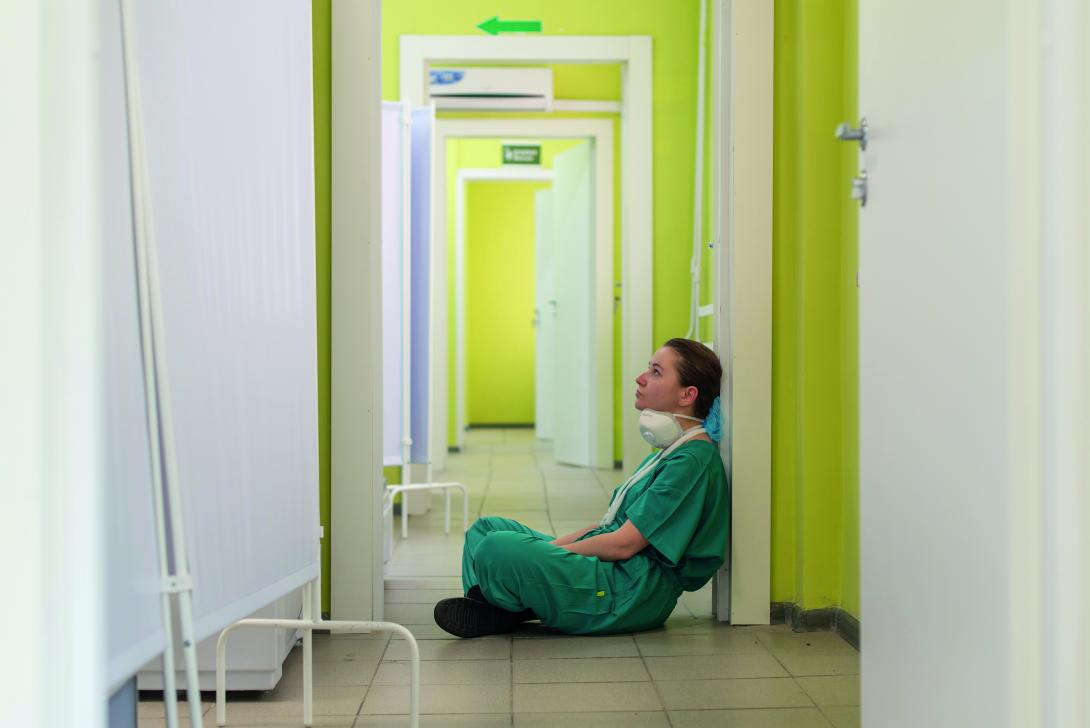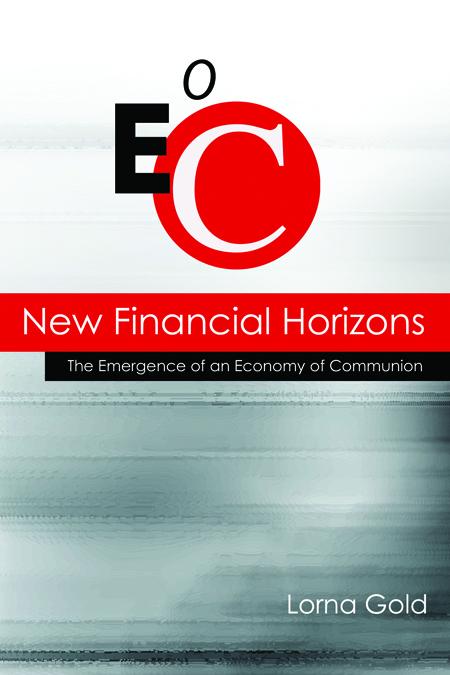
Photo by Vladimir Fedotov on Unsplash
It’s time to raise wages for jobs that keep society going — and at the same time, recognize that work isn’t everything
By Susanne Janssen
When everyone had to shelter in place, they had to go out. We praised them, people applauded them from their balconies in the cities, children delivered drawings with heartfelt messages. During the pandemic, doctors and nurses were on the frontline, but we also depended on all those who kept the food supply chain intact: meat processors, farm workers, cashiers and delivery workers.
We suddenly realized who really keeps our society going. It wasn’t necessarily the manager who comfortably worked from his beautiful home in the country. He didn’t experience the personal risk in bringing food to the table like the meat packer who worked less than six feet away from coworkers, exposed to the danger of possible Covid infection that has taken the lives of more than 100,000 people.
Looking at the impact strictly from a personal financial perspective, the salary discrepancies are stark. The average meat worker earns $9.46 per hour (in the U.S.), while his manager easily makes $27. When many avoided shopping in stores fearing exposure to the virus, they relied on Instacart shoppers who earned an average of $13 per hour, which is more than the average store cashier at $11.53 per hour ($8 in the Midwest). Going a step further down the food supply chain, the farm worker who harvests our produce, no matter if it’s hot, cold, or Covid, gets $13.04 on average.
The healthcare sector also reflects similar salary ranges, depending on people’s professional status. Doctors and nurses certainly risked their lives daily, but their financial compensation enables them to earn an adequate income to meet their needs. Those in more ancillary jobs frequently had more than one place of employment to make ends meet, which increased the possibility of virus spread from one facility to another.
Is greater inequality on the horizon?
Of course, a job that demands higher education and specific skills deserves a higher pay — but does the gap need to widen more and more?
Even when the U.S. slowly opened up and many people could still work remotely, that was not so for bus drivers and kindergarten teachers — both groups receive an average pay of just over $16.
In recent decades, both the income and the wealth gap between lower income, middle class and high-income families is rising, a Pew Research study in 2019 showed. While now there’s a demand for workers, which gives them a possibility to demand higher wages, the general trend is still valid: people who work in jobs that were proven essential during the pandemic can often barely make a living.
Charles Camosy, who teaches ethics and theology at Fordham University in New York, fears that all the praise of essential workers, especially those in health care, won’t lead to real changes.
“The laud is mostly lip service for most people, something that you say on social media or in brief conversation with friends or family… I don’t hear calls for increased pay, especially for nurses and other workers in nursing homes — something they desperately need.”
He is reminded of George Orwell as he reflects on essential workers. “‘Essential are apparently those workers the powerful need to do their bidding even amid significant danger.’ I think we should drop the phrase altogether and simply pay workers what they are worth.”
Let’s start with healthcare
As an author who wrote extensively on our healthcare system, Camosy states that “healthcare workers in nursing homes are so embarrassingly underpaid, that would be a great place to start.” Christians and faithful of other religious should take the lead and advocate for fairer pay.
Still, the U.S. federal minimum wage is stuck at $7.25; it has remained the same since 2008. And while many states have installed a state minimum wage — because the costs of living are high or to make a statement to support low-wage professions —18 states still have only $7.25 as their limit (besides Wyoming, where the minimum wage is only $5.15; only employers subject to Fair Labor Standards Act must pay the federal minimum wage). Twenty-five states have raised the minimum wage recently, due to inflation and lessons learned from the pandemic.
How can essential workers receive better pay, something that is deeply engrained in Catholic Social Teaching? “In the first place, the worker must be paid a wage sufficient to support him and his family,” wrote Pope Pius XI already in 1931 in his encyclical Quadragesimo Anno (The Fortieth Year).
Camosy further advocates for a thorough reform of elder care in the U.S., a group of workers that suffered disproportionately during the pandemic. “We need a stronger public component in this field that touches the lives of nearly every family. In that way, we could vote for these workers the salaries they deserve. Not just for their benefit — but for the benefit of the elderly as well.”
There’s so much more to a job than a paycheck
The disparity of wages is not the only thing that stands out. Often what doesn’t make the headlines is that our work experience has changed, and these two years taught us that there’s so much more to a job than just the paycheck.
It’s not just physical well-being that employees are worried about. The pandemic caused stress, be it about getting infected or trying to juggle work and childcare plus school lessons online.
Employees want mental health issues to be seen as they are: illnesses that need attention and treatment. And while low-wage workers need better compensation first, for many, time and flexibility come right after monetary benefits.
This all leads to a new understanding of life-work balance, whether it’s flexible work arrangements to work from home when needed (for example if the children need to quarantine), saving time on the commute, or recognizing how suddenly our lives can be turned upside down or even end.
Yet still, employees want to find meaning in work, no matter if it’s a creative job, scientific research, caring for people, teaching or providing food. Every work is a form of continuing participation in God’s creation, and therefore, workers and their conditions should respect this dignity.
As St. John Paul II wrote in Laborem Exercens (1981): “Workers not only want fair pay, they also want to share in the responsibility and creativity of the very work process. They want to feel that they are working for themselves — an awareness that is smothered in a bureaucratic system where they only feel themselves to be ‘cogs’ in a huge machine moved from above.”
Even in a secular way, the times when work was everything are over. But so should be the time when one full-time job diligently worked is not enough to cover basic living necessities.













